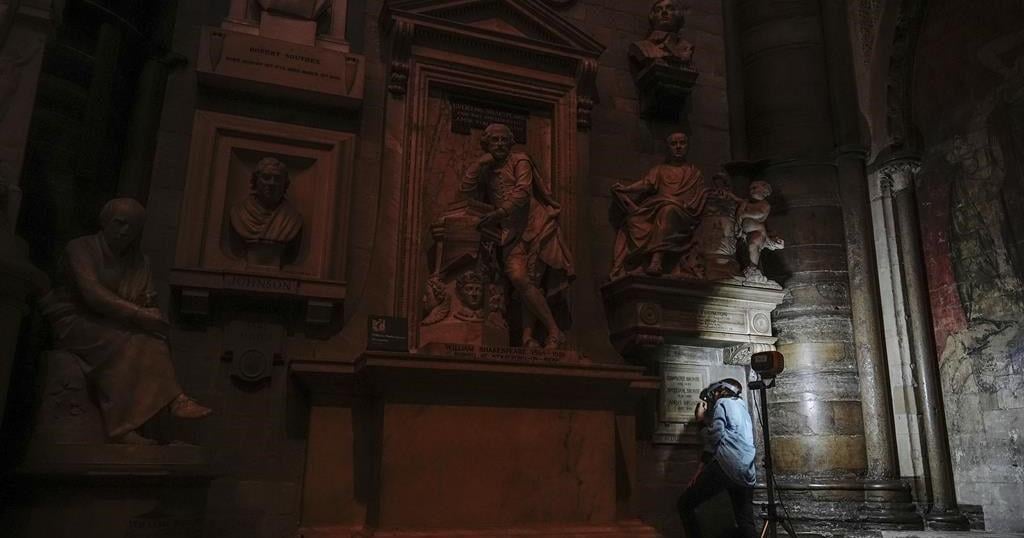In a case that has sent shockwaves through the Vancouver Island art community, a local art dealer has been charged with one count of fraud over $5,000. Calvin Lucyshyn, the former operator of the now-closed Winchester Galleries in Oak Bay, faces the charge after police seized hundreds of artworks, valued in the tens of millions of dollars, from various storage sites in the Greater Victoria area.
Alleged Fraud Scheme
Police allege that Lucyshyn had been taking valuable art from members of the public under the guise of appraising or consigning the pieces for sale, only to cut off all communication with the owners. This investigation began in April 2022, when police received a complaint from an individual who had provided four paintings to Lucyshyn, including three works by renowned British Columbia artist Emily Carr, and had not received any updates on their sale.
Further investigation by the Saanich Police Department revealed that this was not an isolated incident. Detectives found other alleged victims who had similar experiences with Winchester Galleries, leading police to execute search warrants at three separate storage locations across Greater Victoria.
Massive Seizure of Artworks
In what has become one of the largest art fraud investigations in recent Canadian history, authorities seized approximately 1,100 pieces of art, including more than 600 pieces from a storage site in Saanich, over 300 in Langford, and more than 100 in Oak Bay. Some of the more valuable pieces, according to police, were estimated to be worth $85,000 each.
Lucyshyn was arrested on April 21, 2022, but was later released from custody. In May 2024, a fraud charge was formally laid against him.
Artwork Returned, but Some Remain Unclaimed
In a statement released on Monday, the Saanich Police Department confirmed that 1,050 of the seized artworks have been returned to their rightful owners. However, several pieces remain unclaimed, and police continue their efforts to track down the owners of these works.
Court Proceedings Ongoing
The criminal charge against Lucyshyn has not yet been tested in court, and he has publicly stated his intention to defend himself against any pending allegations. His next court appearance is scheduled for September 10, 2024.
Impact on the Local Art Community
The news of Lucyshyn’s alleged fraud has deeply affected Vancouver Island’s art community, particularly collectors, galleries, and artists who may have been impacted by the gallery’s operations. With high-value pieces from artists like Emily Carr involved, the case underscores the vulnerabilities that can exist in art transactions.
For many art collectors, the investigation has raised concerns about the potential for fraud in the art world, particularly when it comes to dealing with private galleries and dealers. The seizure of such a vast collection of artworks has also led to questions about the management and oversight of valuable art pieces, as well as the importance of transparency and trust in the industry.
As the case continues to unfold in court, it will likely serve as a cautionary tale for collectors and galleries alike, highlighting the need for due diligence in the sale and appraisal of high-value artworks.
While much of the seized artwork has been returned, the full scale of the alleged fraud is still being unraveled. Lucyshyn’s upcoming court appearances will be closely watched, not only by the legal community but also by the wider art world, as it navigates the fallout from one of Canada’s most significant art fraud cases in recent memory.
Art collectors and individuals who believe they may have been affected by this case are encouraged to contact the Saanich Police Department to inquire about any unclaimed pieces. Additionally, the case serves as a reminder for anyone involved in high-value art transactions to work with reputable dealers and to keep thorough documentation of all transactions.
As with any investment, whether in art or other ventures, it is crucial to be cautious and informed. Art fraud can devastate personal collections and finances, but by taking steps to verify authenticity, provenance, and the reputation of dealers, collectors can help safeguard their valuable pieces.
